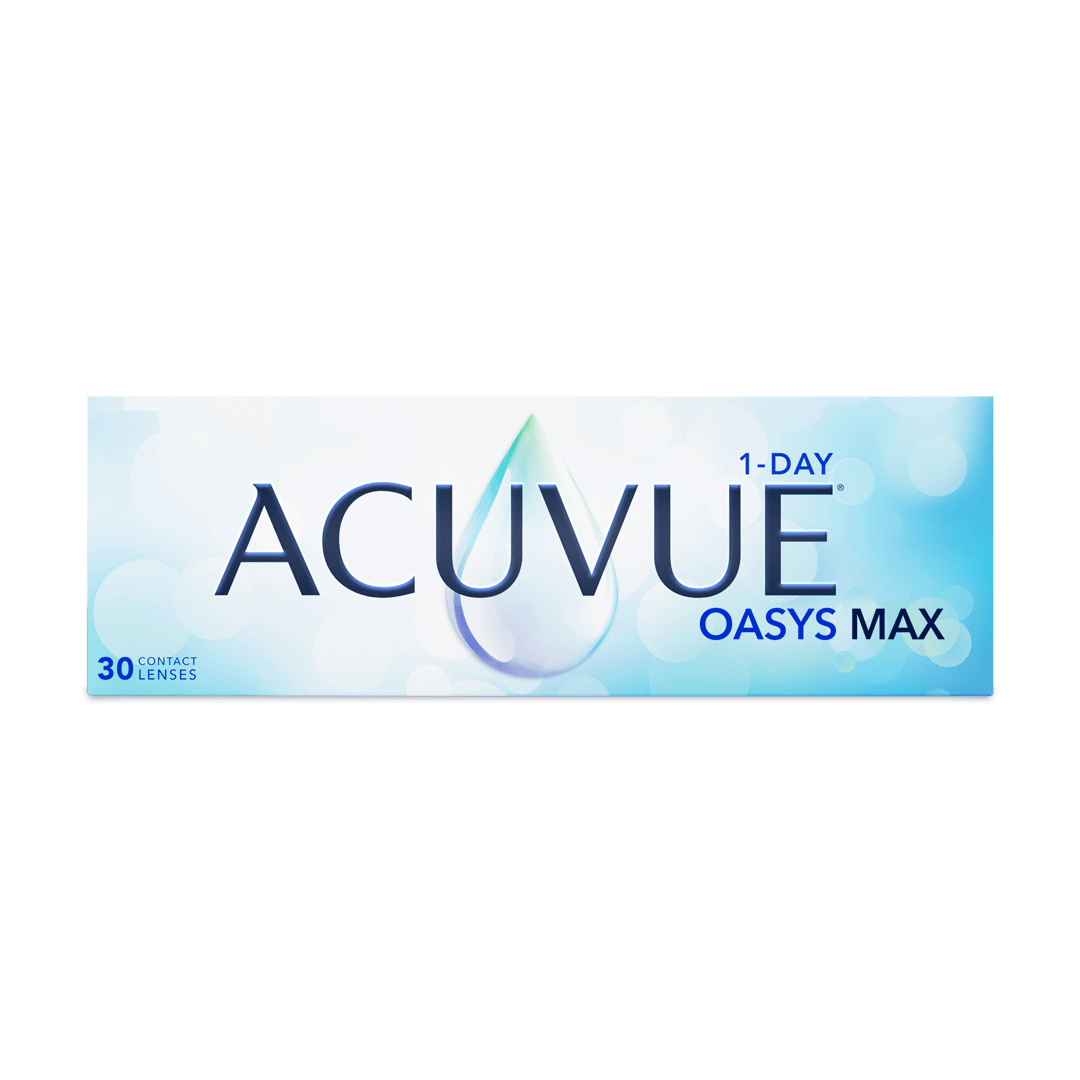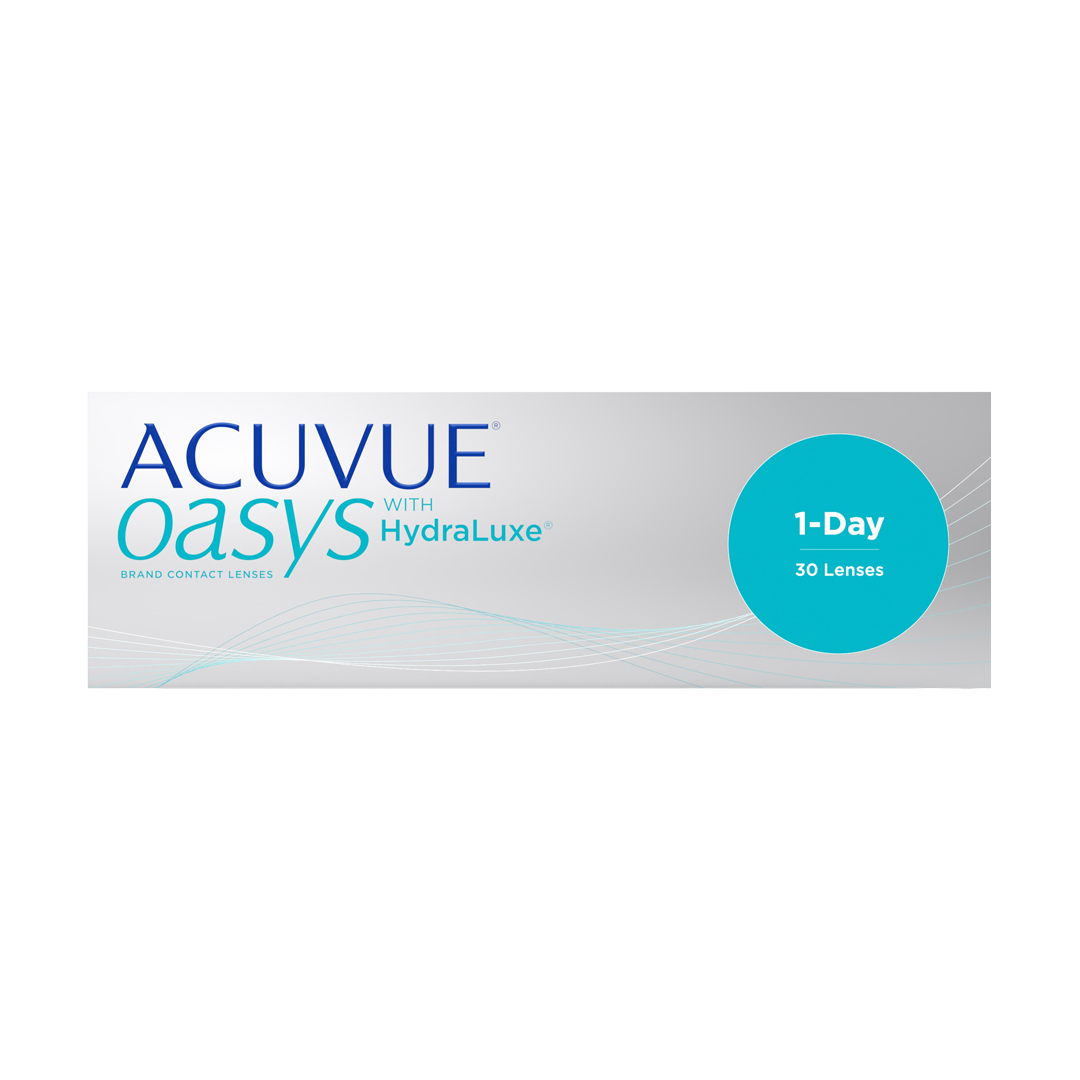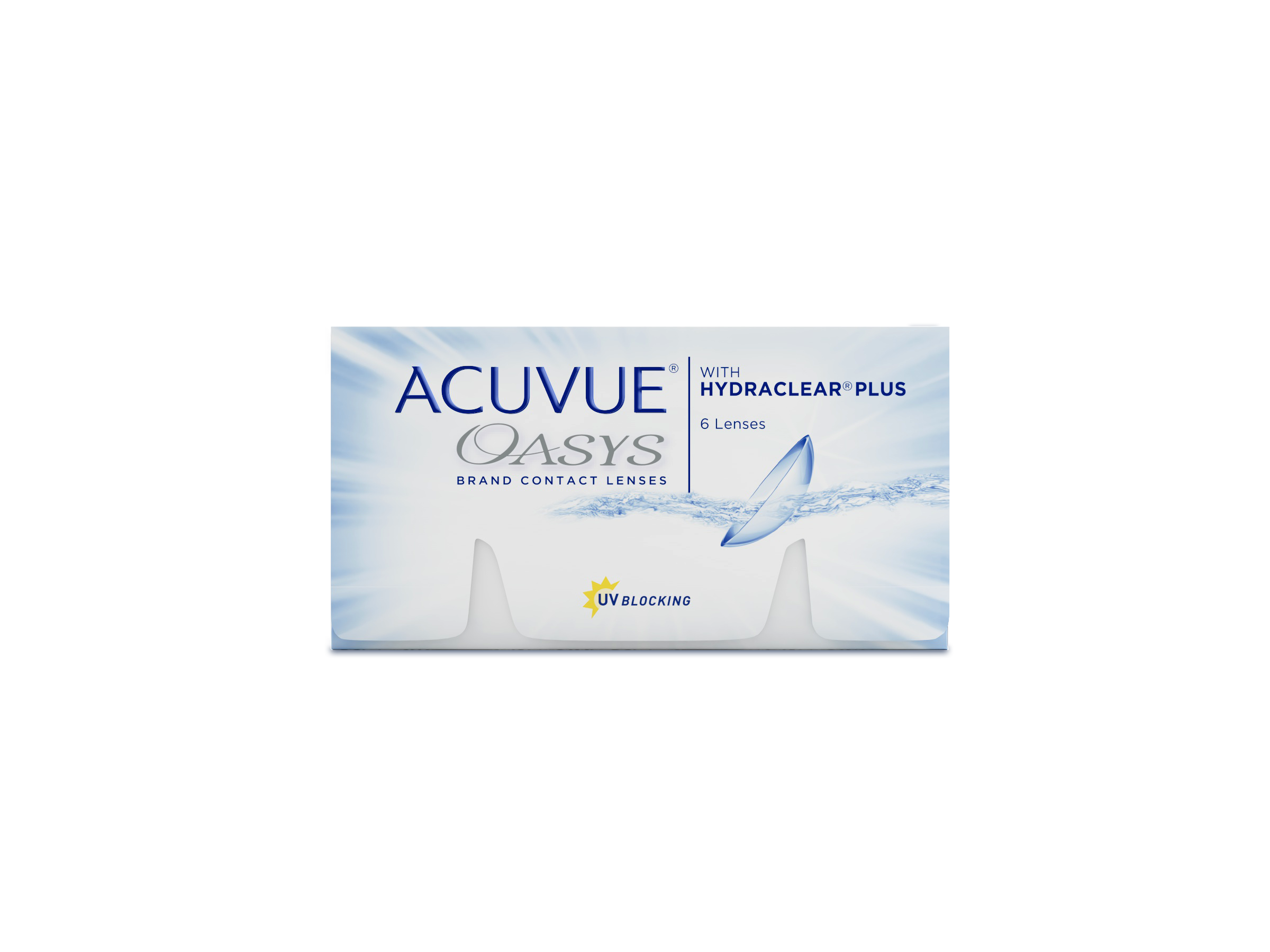TL;DR – Common Vision Issues: Myopia, Hyperopia, Astigmatism & Presbyopia
Blurry vision can stem from a few different and correctable conditions. Myopia (short‑sightedness) makes distant objects appear fuzzy, often causing squinting or headaches, and typically develops in childhood or teen years. Hyperopia (long‑sightedness) means close-up tasks can feel difficult, and sometimes distance vision becomes affected with age. Astigmatism causes distorted or blurred vision at all distances due to an irregularly shaped cornea. And Presbyopia starts around age 40 as the eye’s lens becomes less flexible, making near reading uncomfortable. Each condition can be diagnosed during an eye exam and effectively corrected with glasses or contact lenses tailored to your needs.
Note: The content is intended for users in the UAE, Saudi Arabia, Qatar, Kuwait, Oman and Bahrain.



